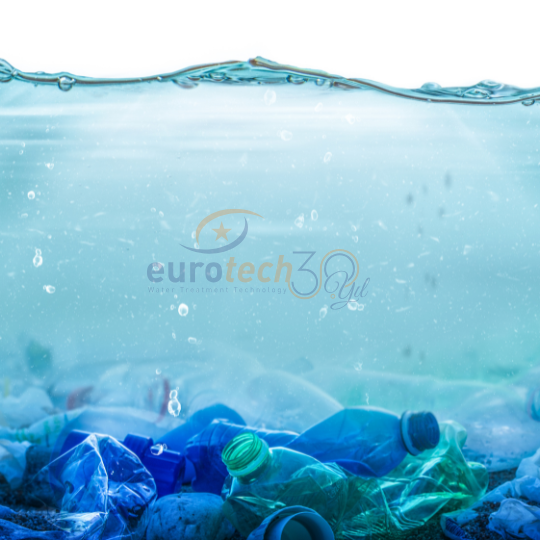Ways to Reduce Water Pollution with Industrial Water Treatment
Ways to Reduce Water Pollution with Industrial Water Treatment
Water is one of the fundamental resources for life and plays a critical role in industrial activities. However, industrial water usage leads to significant water pollution problems. This situation can result in the depletion of natural resources and environmental disasters. Fortunately, industrial water treatment systems provide an effective solution to this problem. In this article, we will explore how industrial water treatment can reduce water pollution.
What is Industrial Water Treatment?
Industrial water treatment is the process of purifying water used in factories, manufacturing plants, and other industrial areas. This water typically contains high levels of pollutants, and it must be treated to prevent harm to the environment. Industrial water treatment methods allow the removal of various pollutants and enable the recovery of clean water.
Industrial Water Treatment Methods to Reduce Water Pollution
Physical Treatment Methods
Physical water treatment methods change the physical properties of water to remove pollutants. These methods typically include processes such as filtration, sedimentation, and flocculation. This allows large solid particles and pollutants in the water to be removed.
Chemical Treatment Methods
Chemical treatment methods purify water through chemical reactions. These methods include chemical flocculation and chemical precipitation. These techniques are especially effective for removing heavy metals and harmful chemicals from the water.
Biological Treatment Methods
Biological treatment involves microorganisms breaking down organic matter in the water. This method is commonly used to treat water contaminated with organic pollutants. Techniques such as biological filters and activated sludge systems purify wastewater biologically, improving the quality of the water.
Membrane Filtration Methods
Membrane filtration is a method used to remove microscopic pollutants from water. Reverse osmosis (RO), nanofiltration, and ultrafiltration are membrane technologies that effectively treat harmful substances in water and produce clean water.
Ozonation and UV Irradiation Methods
Ozonation and UV irradiation are effective methods for disinfecting water and removing pathogens. Ozone destroys microorganisms in the water, while UV radiation sterilizes the water, making it safe for health.
The Impact of Industrial Water Treatment on Water Pollution
Industrial water treatment systems play an important role in reducing water pollution. Through treatment processes, wastewater is purified rather than being directly discharged into water sources, and it can be reused. This helps protect the environment, promotes efficient use of water resources, and contributes to the preservation of ecosystems.

Protecting the Environment by Reducing Water Pollution
Thanks to industrial water treatment systems, polluted water is prevented from being released into nature. This prevents the pollution of water sources such as rivers, lakes, and seas. Clean water is essential for the sustainability of natural life. Additionally, the reuse of treated water in industrial processes saves water and helps preserve natural resources.
Economic Benefits
Industrial water treatment not only protects the environment but also provides economic benefits for businesses. Reusing treated water leads to reduced water bills and lower operating costs. Furthermore, the efficient use of water resources enables businesses to achieve their sustainability goals.
Industrial water treatment is one of the most effective ways to reduce water pollution and protect the environment. Physical, chemical, biological, and membrane filtration methods can improve water quality and remove pollutants. These processes not only provide environmental benefits but also help businesses achieve economic gains. Industrial water treatment supports the efficient use of water resources, contributing to a cleaner, healthier environment.
